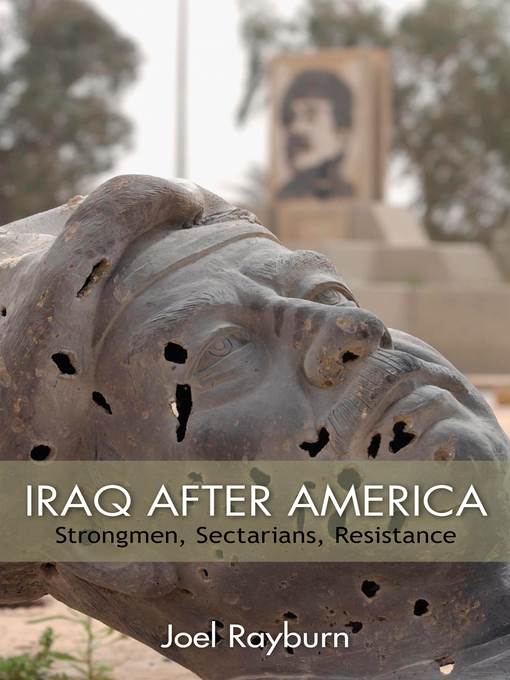
Iraq after America
Strongmen, Sectarians, Resistance
کتاب های مرتبط
- اطلاعات
- نقد و بررسی
- دیدگاه کاربران
نقد و بررسی

June 1, 2014
Lieutenant colonel Rayburn (U.S. Army strategic intelligence officer; senior military fellow, National Defense Univ.) examines three trends in post-Saddam Iraq: authoritarianism, sectarianism, and resistance. He discusses various political, religious, and ethnic groups, and how each vied for power within and around the structure the United States created and led. Dawa, Shia, Sunnis, and Kurds sought to strengthen their positions and achieve various political goals. The resulting violence only radicalized and polarized communities, dissolving any budding cross-sectarian sentiments. Although democracy was an intended outcome, factions in control instead curbed democratic notions in order to retain power. Rayburn argues that the United States is at least partially to blame for the turmoil because of its misunderstanding of the political nature of the Iraqi conflict. While several books examine America after the Iraq invasion, this is one of the few to focus on Iraq. Rayburn's work competes against Toby Doge's Iraq: From War to a New Authoritarianism and Zaid Al-Ali's recent The Struggle for Iraq's Future, both also written by prominent officials. VERDICT An informative read that should appeal to fans of diplomatic and military history, as well as to those with a more personal connection to the Iraqi conflict.--Matthew Wayman, Pennsylvania State Univ. Lib., Schuylkill Haven
Copyright 2014 Library Journal, LLC Used with permission.

























دیدگاه کاربران